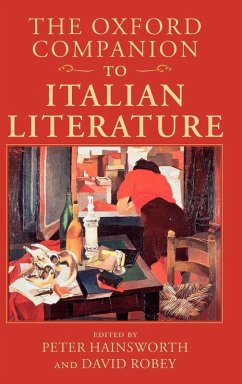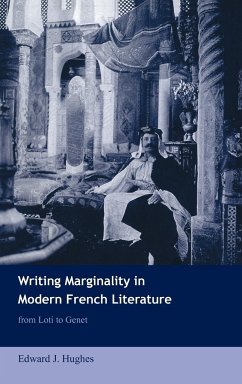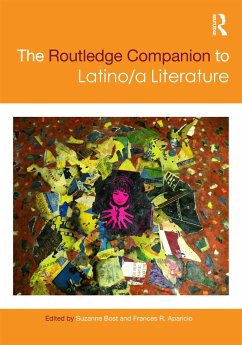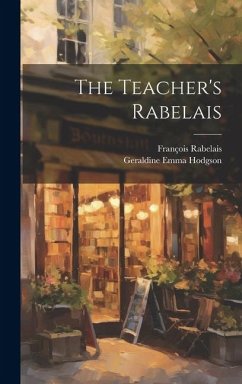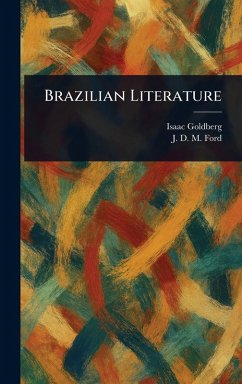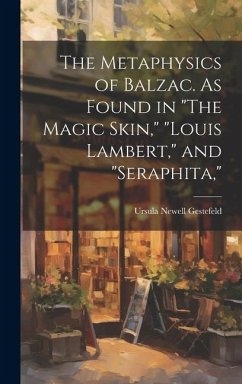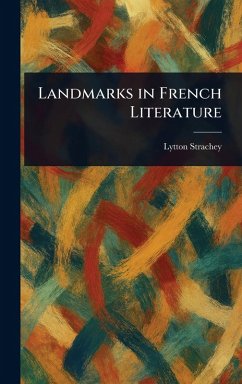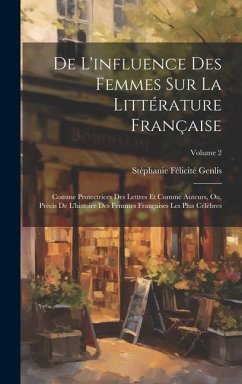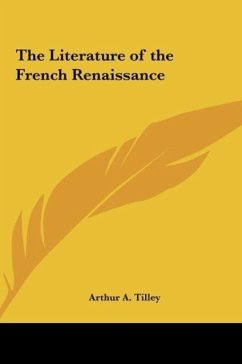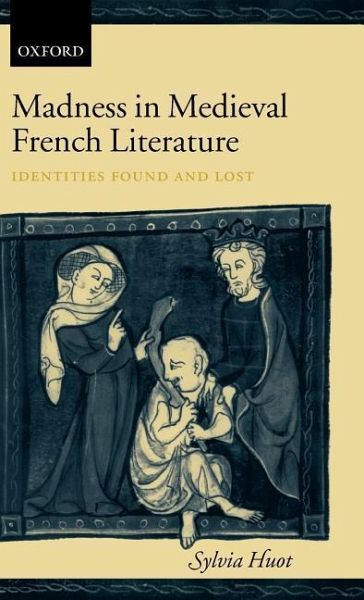
Madness in Medieval French Literature
Identities Found and Lost
Versandkostenfrei!
Versandfertig in 1-2 Wochen
216,99 €
inkl. MwSt.

PAYBACK Punkte
108 °P sammeln!
Madness is a frequent theme in medieval French literature. It afflicts the two greatest heroes of the Arthurian world, Lancelot and Tristan, as well as numerous other knights and unlucky lovers in courtly tradition. It also appears in devotional literature, whether in the form of the 'holy fool' who impersonates madness as a kind of penance or in the motif of lunatics cured through the miraculous intervention of a saint. These texts manifest a wide range of attitudes towards madness, which may be associated with nobility and refinement of character, with chivalric or spiritual transcendence, w...
Madness is a frequent theme in medieval French literature. It afflicts the two greatest heroes of the Arthurian world, Lancelot and Tristan, as well as numerous other knights and unlucky lovers in courtly tradition. It also appears in devotional literature, whether in the form of the 'holy fool' who impersonates madness as a kind of penance or in the motif of lunatics cured through the miraculous intervention of a saint. These texts manifest a wide range of attitudes towards madness, which may be associated with nobility and refinement of character, with chivalric or spiritual transcendence, with tragic illness and impairment, with comic ineptitude, or with sin and degradation. Tracing these various depictions allows for a study of how and why madness is used in different texts and different genres. This new book, from one of the leading critics in medieval studies, ties in with contemporary interest in the politics of identity, and literary constructions of identity. There are many studies of gender, sexuality, race and ethnicity, and class in medieval literature and society, but far fewer of madness. Yet madness is the ultimate 'queerness' or 'otherness', the limit of the human condition. Madness has been identified as an important topic in feminist criticism, but has been explored largely with regard to nineteenth- and twentieth-century studies. The cultural significance of madness in the Middle Ages is often misrepresented in contemporary discussions. Sylvia Huot redresses that imbalance.





